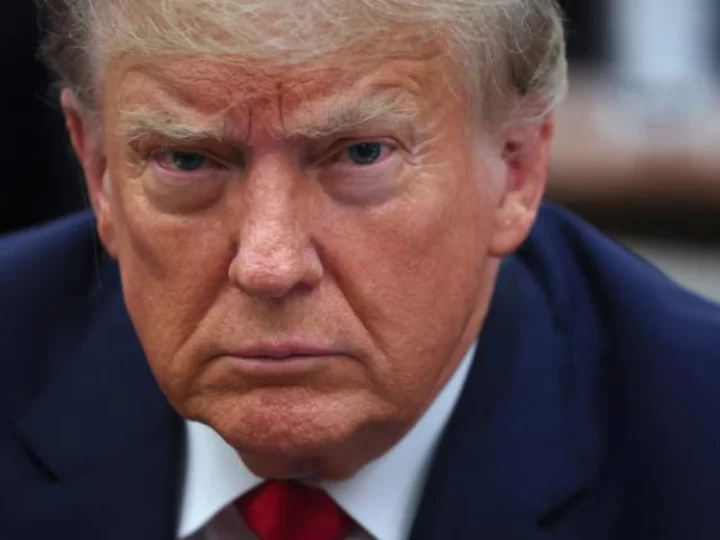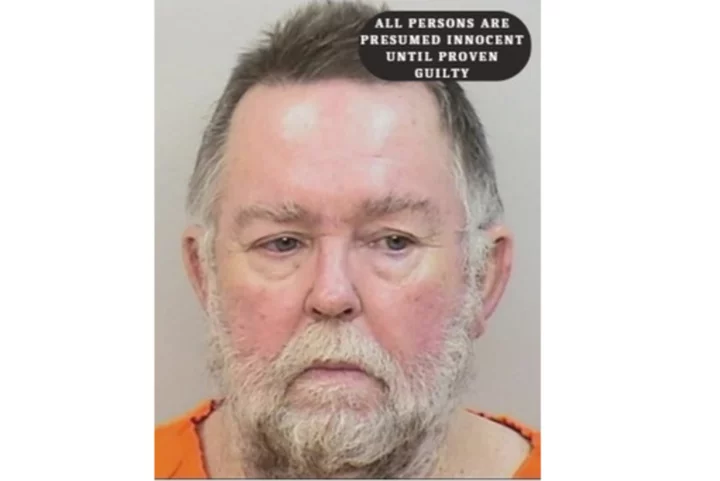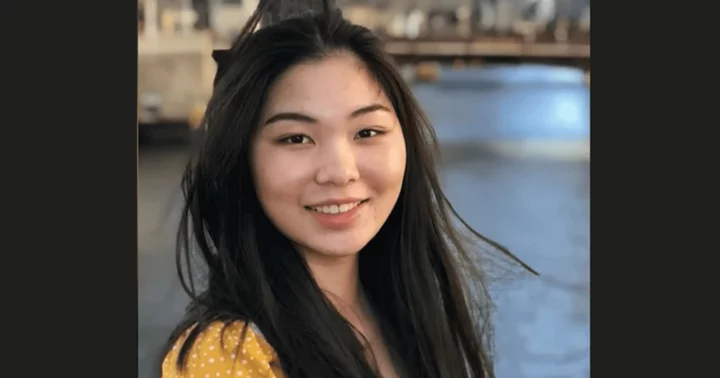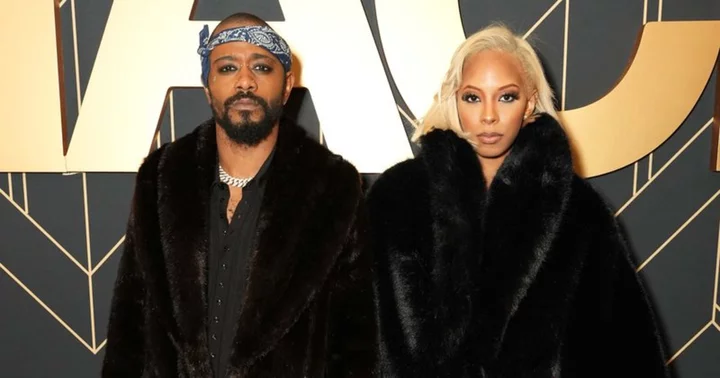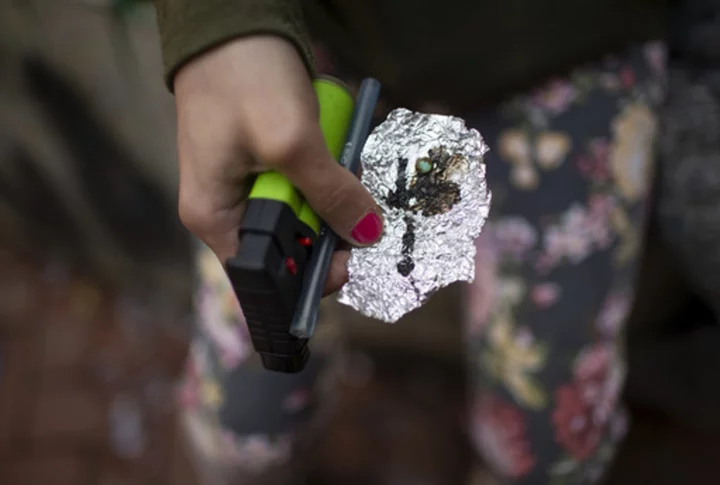The federal judge overseeing the election subversion case against Donald Trump in Washington, DC, placed a limited gag order on the former president after his continued attacks against potential witnesses, prosecutors and the court itself, following a testy hearing Monday.
Though limited in scope, the gag order from Judge Tanya Chutkan is likely the biggest limit on the former president's speech he has ever been handed.
"This is not about whether I like the language Mr. Trump uses," Chutkan said. "This is about language that presents a danger to the administration of justice."
"His presidential candidacy does not give him carte blanche to vilify public servants who are simply doing their jobs," Chutkan said.
The hourslong hearing laid out how Trump would be able to discuss special counsel Jack Smith's history-making prosecution against him on the campaign trail. Chutkan outlined the order in court and plans to issue a more detailed written order in the coming days.
Here's what to know about the gag order and Monday's hearing:
Gag order marks a measurable limit on Trump's speech
The gag order Chutkan implemented bars Trump from making certain comments about the special counsel's team or potential witnesses in the federal election subversion case, including any comments that directly target court personnel, potential witnesses or the special counsel and his staff.
"One could come away from these arguments with a mistaken understanding that the First Amendment is an absolute right," Chutkan said Monday. "That is false. The First Amendment yields to the administration of justice."
Chutkan said she was particularly troubled by comments she believes raise "a real possibility of violence" against Smith, his team, and witnesses in the case.
Trump has made several such comments since he was indicted over the summer, Chutkan noted during the hearing, including referring to Smith as a "thug" and saying Mark Milley, the former chairman of the Joint Chiefs of Staff and a potential witness in the case, committed a "treasonous act" during his tenure that was "so egregious that, in times gone by, the punishment would have been DEATH!"
"In what kind of case do you think it would be appropriate for a criminal defendant to call the prosecutor a thug and stay on the streets?" the judge asked Trump attorney John Lauro. "'Will no one rid me of this meddlesome priest' comes to mind."
A New York state judge imposed a similar gag order regarding against the former president earlier this month after he attacked a member of the court's staff via social media. That order bars Trump only from speaking publicly about the court staff in his civil fraud trial.
Trump can criticize Biden and DOJ
Monday's order does not, however, impose restrictions on disparaging comments about Washington, DC -- where the trial will take place -- or certain comments about the Justice Department at large, both of which the government requested. Chutkan also specified that Trump "can certainly state that he is being unfairly prosecuted."
While restricting some of the former president's speech, Chutkan agreed with Trump's defense attorneys that it is within the former president's rights to criticize Joe Biden and his administration.
In the protective order proposed by prosecutors, Trump would be barred from making comments about the Justice Department as a whole under Biden, including Trump's continued assertion that the Justice Department was prosecuting him on Biden's orders. Prosecutors did not, however, oppose Trump's ability to criticize Biden as president.
"He can criticize President Biden to his heart's content, your honor, because President Biden has nothing to do with this case," prosecutor Molly Gaston said in court, adding that the Justice Department takes no issue with Trump calling Biden "crooked."
But the judge said there are limits.
"When you start to use a word like 'thug' to describe a prosecutor doing their job, that wouldn't be allowed by any other criminal defendant," Chutkan said. "Just because the defendant is running a political campaign does not allow him to do whatever he wants."
She added: "If the message Mr. Trump wants to express is 'my prosecution is politically motivated,'" he can do so without using "highly charged language."
Enforcing the gag order
Chutkan did not say during the hearing what penalties she would implement should Trump break the rules of the gag order, but listed several options she believed were available for her to choose from.
Those options include admonishing Trump in court, imposing financial penalties, home detention or revoking his pretrial release. Chutkan also said she believed she could issue a show-cause order, which would require Trump justify why he breached the rules of the gag order.
Violations of the gag order may not necessarily need to be raised by prosecutors for Chutkan to impose a penalty, she said.
Trump said on his social media site that he plans to appeal the ruling.
Trial date isn't moving
While arguing against the proposed gag order, Lauro argued that that the former president was being punished by the Biden administration during an election cycle and noted that the trial date was set for March 4, 2024, the day before the Super Tuesday primary.
"This trial will not yield to the election cycle, and we will not revisit the trial date," Chutkan told Lauro.
Trump's lawyers have already made a motion to push back the trial date in the Florida classified documents case but have only asked for certain filing deadlines to be extended in the DC case.
The hearing grew heated at points when Lauro and Chutkan sparred about political rhetoric and tone.
For instance, Lauro accused the special counsel's office, through the proposed gag order, of trying to "to prevent President Trump from speaking out about the issues of the day."
Chutkan responded: "I understand that you have a message you want to get out. I do not need to hear any campaign rhetoric in my court."
"Politics stops at this courtroom door," Chutkan added.

